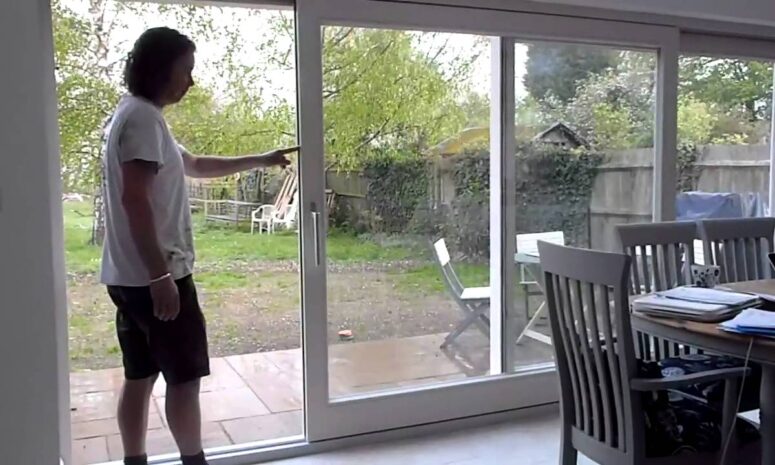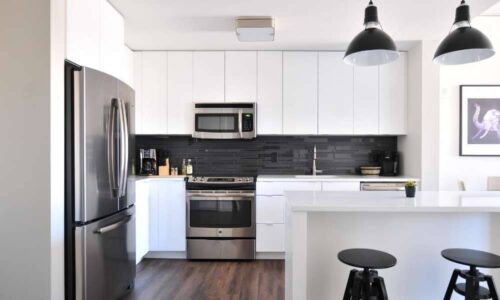
Windows are what define a home. With so many styles to choose from, a buyer must go through an array of pros and cons to pick the best fit. However, this is easier said than done; most of us experience conflicting feelings while making window purchases.
If you are a homeowner, you most probably look for energy-efficient and highly functional features. While choosing windows, too, you need to keep these concepts in mind. Hence, it is essential to understand how windows work and some other details.
Firstly,you must know of the two kinds of windows you can opt for – sliding and casement windows. After understanding the pros and cons of both these variants, you could choose the perfect window for your requirements.
Casement Windows
Casement windows belong to the category of crank windows that open to the outside when the crank handle is turned.If you are looking for a highly energy-efficient window, this tops the list as the crank’s compression blocks any unwanted outside air. Most people prefer black aluminum windows of this type because of its added benefits.
Casement windows are attached to the frame with the help of one or more hinges. Moreover, they are made by hinging on the side.
Pros
- When casement windows are opened, the open fully, thereby providing ample ventilation.
- It comes with an open sash that allows in a fresh breeze.
- Due to its compression seal technology, these windows are highly energy efficient. This aspect makes it the most viable of all windows.
- As they come with sashes, these windows are perfect for places that are hard to reach.
- They provide an unobstructed view, which is convenient.
- Casement windows can be cleaned both on the outside and inside with ease.
- Moreover, they offer excellent security as they are tough to break into.
- They offer the most visibility and light as well.
Cons
- If the sash is operated wrongly, it may damage the window.
- As the window opens to the outside, it can sometimes be inconvenient.
While shopping for casement windows, you might come across another similar kind known as awning windows. The only difference is that their top is hinged. If you have window openings that are of broader and taller size, you may use these. These windows are ideal for installing in places that are hard to reach as the sash allows easy opening and closing (for example, when a window opening is behind the kitchen sink).
Sliding Windows
Sliding windows can be operated by pulling either vertically or horizontally. The slider is mostly present within the frame of the window when it is opened. As an add-on option, it can be tilted at an angle of 90 degrees to enable easy cleaning without using a ladder.
There are two different styles of sliding windows.
- Horizontal Sliding Windows:
These have a sash that slides in the horizontal direction across a single or double track.
Pros
- Horizontal sliding windows are great if the room has wide openings
- As mentioned earlier, the sash can be tilted at a degree of 90 degrees as an add-on to enable easy cleaning.
- Horizontal sliding windows can be installed even if there is not much space on the outside.
- These windows are cost-efficient.
Cons
- They don’t have a compression seal.
- Unlike casement windows, they aren’t very energy efficient.
- Since only half the window can be opened at a time, it reduces ventilation.
- It may not be as waterproof in extreme weather conditions.
- If there is an excess of dirt or friction, these windows can be challenging to use.
- For some, horizontal sliding windows would not give a uniform look as only half the window opens.
- Vertical Sliding Windows
Vertical sliding windows are also called single hung windows or double-hung windows. In the case of these kinds of windows, the sash can be moved vertically up and down.
Pros
- They can be cleaned easily from the inside as they have a tilt option.
- Excellent security is assured as these windows cannot be opened from the outside.
Cons
- Single-hung windows are less energy efficient when compared to casement windows.
- Since they are made differently, they can constrict view.
- If there is an excess of dirt or friction in the sliders, these windows can be challenging to use.
Ultimately, choosing the perfect window is very subjective as every buyer has a different budget, taste, and requirements. However, it is crucial to be clear with them before making a pick. But, in general, sliding windows are less expensive than casement windows. But, on the other side, you can get significant energy savings from the latter. Understand what your priorities are and choose accordingly.




